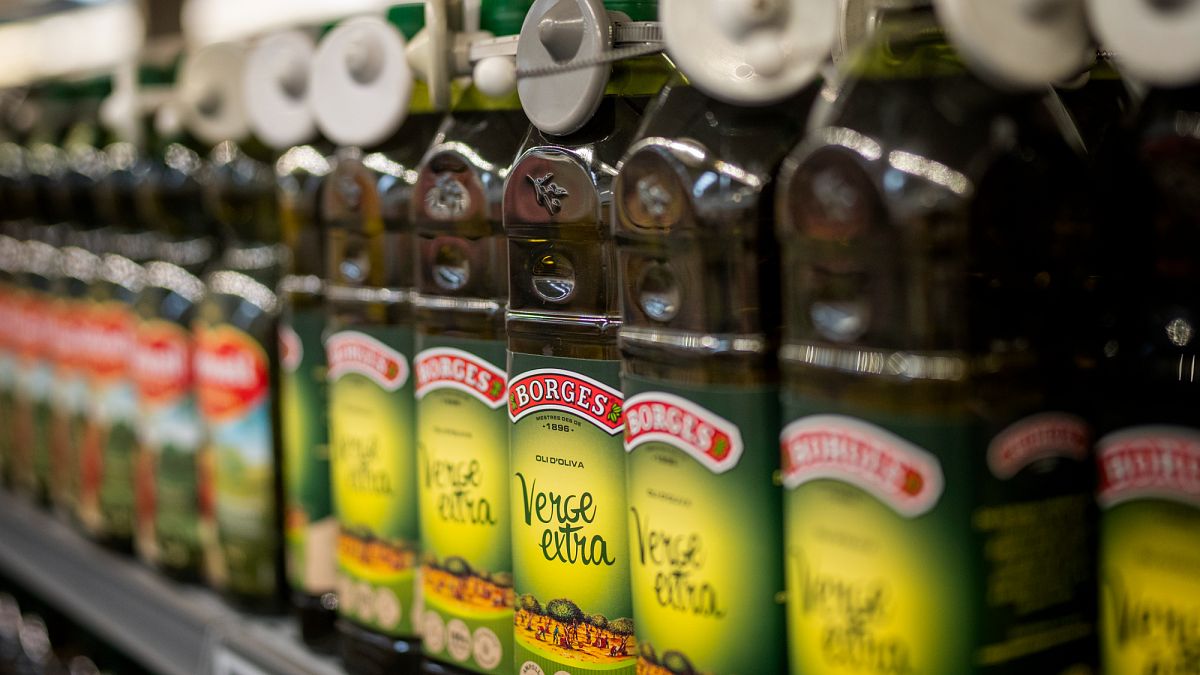South Wairarapa’s deputy mayor is having another crack at winning over her council’s support for the investigation of a new Remutaka Hill route.
Earlier this year, Melissa Sadler-Futter tried to get councillors to endorse the work being done by the Remutaka Road Action Group, but failed to win over a majority.
The group was working to secure an official investigation into the most viable alternative route and ultimately have the Remutaka Hill road designated as part of the Government’s Roads of National Significance.
Action group spokesperson Simon Casey had previously said the current state highway route was unsafe, unpleasant, and offered no resilience to the region because there was no alternative route.
He said the route fell far short of any reasonable standard for a major state highway linking two regions.
There was no viable alternate route if the hill road was closed, and closures and blockages happened often due to crashes and breakdowns, planned and unplanned maintenance, high winds, snow, rockfalls and slips, and large vehicles being unable to pass each other on tight turns.
In her report to the council’s Strategy Working Committee, which would meet on Wednesday, Sadler-Futter said the council should formally support the initiative through a letter of support, given South Wairarapa’s proximity to the hill, the number of residents who commuted daily, and reliance on this route for tourism, economic development, and resilience.
At a meeting in February, some councillors said they wanted more information before endorsing the action group’s aims.
Neighbouring Masterton District Council had issued a letter of support at the start of June.
Carterton and Upper Hutt councils had also been asked for an endorsement.
In total, the action group had just over 1250 registered supporters.
The Remutaka Hill road was recognised by the New Zealand Transport Agency as one of the most dangerous stretches of highway in the country.
Between 2012 and 2022, there had been 32 fatalities or serious injuries.
Traffic on the route had also nearly doubled since 2003 from 3900 vehicles per day to about 7000.
Local Democracy Reporting is local-body journalism co-funded by RNZ and NZ On Air.











